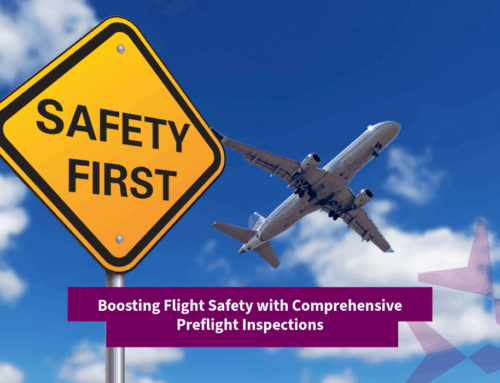Aircraft Fueling in Syria: Opportunities After Sanctions
With the removal of international sanctions, Syria’s aviation sector is poised for a revival. Among the critical services needed to support this resurgence is aircraft fueling, which plays a pivotal role in ensuring seamless operations for operators and flying companies. As Syria opens its skies to global aviation, Jetmate is ready to provide expert assistance in meeting all aircraft fueling needs, ensuring efficiency and reliability at every step.

The Importance of Aircraft Fueling in Post-Sanction Syria
Fueling is one of the most vital services in aviation. It directly impacts flight safety, operational efficiency, and turnaround times. In post-sanction Syria, restoring a reliable fueling infrastructure at major airports is essential to attract international operators and reestablish Syria as a key transit hub.
Key Benefits of a Revitalized Fueling Infrastructure
- Efficient Operations:
- High-quality aviation fuel ensures smoother and safer flights.
- Quick refueling turnaround minimizes ground delays.
- Cost Optimization:
- With sanctions removed, competitive pricing for aviation fuel is expected to return, reducing operational costs for airlines.
- Sustainability:
- Opportunities to introduce modern fuel types, such as sustainable aviation fuel (SAF), to reduce carbon emissions and promote eco-friendly aviation practices.
Jetmate’s Expertise in Aircraft Fueling Services
Jetmate is committed to supporting operators as they re-enter Syrian airspace. With years of experience in aviation services worldwide, Jetmate offers tailored fueling solutions to meet the unique demands of post-sanction Syria.
How Jetmate Can Help:
- Reliable Fuel Supply:
- Partnering with trusted suppliers to ensure the availability of high-quality jet fuel at all major Syrian airports.
- Cost-Effective Solutions:
- Leveraging a global network to negotiate competitive fuel prices, helping operators reduce expenses.
- On-Site Supervision:
- Deploying experienced supervisors to oversee fueling operations, ensuring compliance with safety and quality standards.
- Custom Fueling Plans:
- Tailored solutions to accommodate specific flight schedules, cargo requirements, and operational needs.
- 24/7 Support:
- Providing round-the-clock assistance to address any fueling challenges and ensure uninterrupted operations.
Major Airports in Syria Ready for Fueling Services
With sanctions lifted, Syrian airports are expected to modernize and reestablish their fueling infrastructure. Key airports include:
- Damascus International Airport (DAM/OSDI):
- The largest airport in Syria, it serves as a primary hub for international flights.
- Aleppo International Airport (ALP/OSAP):
- Critical for flights connecting northern Syria with international destinations.
- Latakia International Airport (LTK/OSLK):
- A strategic gateway to Syria’s Mediterranean coast.
The Future of Aircraft Fueling in Syria
The lifting of sanctions offers a chance for Syria to rebuild its aviation sector and reclaim its role as a regional hub. A modernized fueling infrastructure will be at the core of this revival, supporting safe and efficient operations for international and domestic flights. Opportunities to introduce sustainable aviation fuel (SAF) and other innovations will also help align Syria’s aviation sector with global environmental standards.






